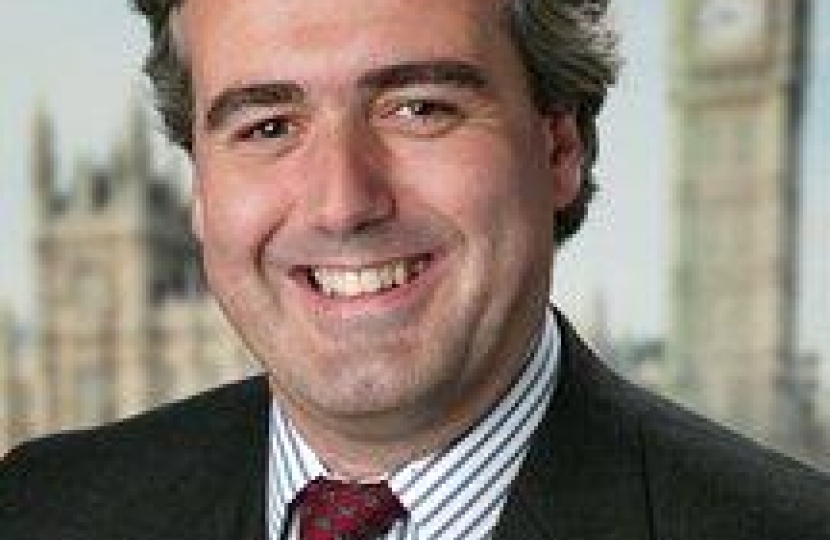
This week marks the 100th anniversary of the outbreak of the First World War. It is right that we as a nation commemorate the start of what was to be called the war to end all wars. Those words sound so hollow with the benefit of hindsight and how we still have many, many conflicts still going on, one way or another, since then.
Wyre Forest gave many people to that war and we rightly remember them each year on Remembrance Sunday and through the memorials that every village and community in the country has. But I suspect that as time goes on, it will be through personal memories that we shall continue to honour those fallen in WWI and others. Of course, the last ‘Tommy’, Harry Patch, died a few years back, but I suspect that there are very few families indeed who don’t have some specific link to that war.
My grandfather, who was just turning 25 a hundred years ago, served in both the Army and the Royal Navy. His brother, a year younger, was already a regular in the Gloucesters. I have both their photograph albums from the time and some letters from my great uncle. What is remarkable is that 100 years ago there was a great optimism about the upcoming war. It was expected to be brief and victorious. People were joining up with enthusiasm. Reading through my grandfather and his brothers albums is remarkable. Perhaps the most depressing part was where my great uncle had written a title page “the Great War: 1914 to 1915”. He, like everyone, had no idea just how bloody and drawn out the whole thing was going to be. For him, it ended in January 1916 when a patrol he was leading was ambushed in Mesopotamia. He is buried at a Commonwealth War Grave cemetery in Greece.
These relics I have are precious to me and I am sure many, many families preserve their own version of the same. A picture tells a thousand words. I was shown a couple of pictures of a school portrait. In the first picture – 1914 - the headmaster looked late thirties. By 1918 the same man looked as if he had aged 40 years through reading out the names of those young men who he educated from 13 year olds into young adults only to be slaughtered soon after.
